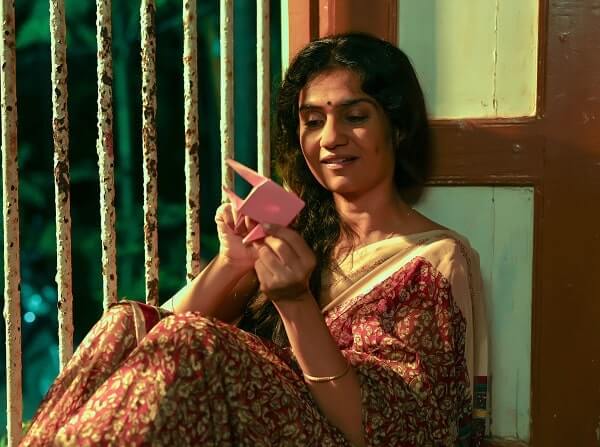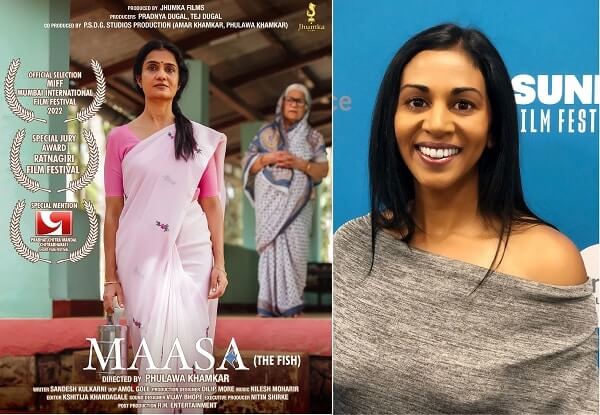A Marathi language short film Maasa (The Fish), produced by the Sydney-based Pradnya Dugal, is a contender this year at the AACTAs, Australia’s most prestigious awards for excellence in film.
“It’s the first Indian language film in the Short Film category at the Australian Academy of Cinema and Television Arts Awards (AACTAs)” Pradnya told Indian Link.
She added, laughing, “Things have changed a lot since my childhood – even ten years ago, it would have been impossible to see this happening.”
The baby steps in representation are very welcome.
Growing up here, it was novelty for Pradnya to see an Asian, let alone South Asian, face on screen, and so having got a foot in at AACTAs means a lot.
Maasa (The Fish) is the story of a single woman eking out a living by selling cooked lunches to care for her young son and elderly mother-in-law. Enter a male figure, who shows interest.
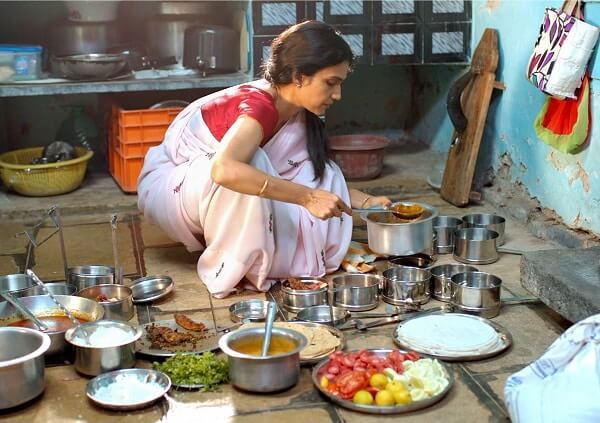
It premiered at the Mumbai International Film Festival in June this year.
“It’s a nice little film,” Pradnya said. “I’m quite proud of it, and it would be a shame not to get it up there for the world to see.”
She added, “Academy members are seeing it at the moment, and we’re waiting to see if it makes the short list.”
The film is the brainchild of Phulawa Khamkar, Pradnya’s close friend. Already a well-known and well-loved figure in the Marathi and Hindi film worlds, Maasa (The Fish) is Phulawa’s maiden attempt at direction.
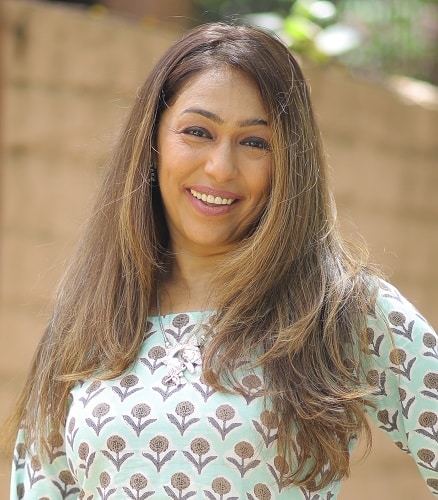
She asked if Pradnya would produce it for her.
“Phulawa sent me the script which I loved; it’s quite a touching story. What cemented it was that it was based in Konkan, where my grandfather was born. The place has great sentimental value for me, and I took the project on as a tribute to my ancestral roots.”
The 25-minute film was made in Konkan in February this year as border restrictions lifted.
“Given Phulawa’s professional standing, there was great industry support we were able to draw on. It was a labour of love for all involved, a passion project.”
It was also important for Pradnya to use local village resources as much as possible.
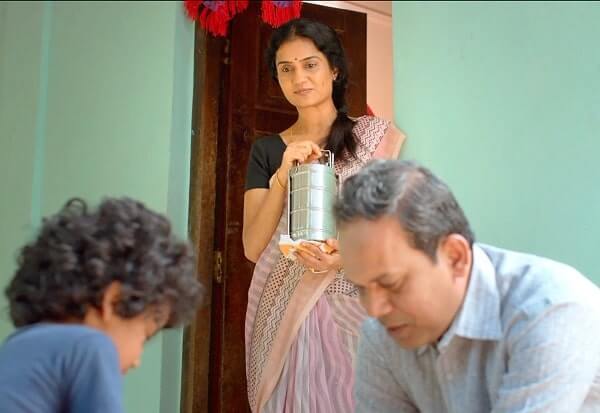
Pradnya first came to film in 2016, after having long been drawn to the performing arts.
“Having been brought up here, in a small town like Port Macquarie with no exposure to Indian culture, I’ve always had a fascination to keep in touch with my cultural roots,” she described. “Indian films on VHS tapes were a routine feature, and by the time I moved to Sydney for the HSC, I was well and truly into dance.”
Pradnya is well-known in Sydney’s Indian community as a dancer, although she is a doctor by profession.
“The attraction to diaspora stories soon followed, because that was my lived life.”
The idea of film came up when she paid tribute in a public forum to her dad’s generation of Indian professionals who paved the way for future migrants. “You should make a film on your dad,” someone said to her.
It sparked the interest in films. She soon helmed her first project, a Bollywood-style feature.
“It was a small-budget film, but got a theatrical release. More importantly, it was a learning experience and opened my eyes to the process.”
She then took a course in film production at the Australian Film Television and Radio School (AFTRS).
“I became executive producer to two independent feature films in America, The Sound of Silence and Farewell Amor, both of which went to Sundance.”
She agrees her passion is very different to her day job.
“It’s nice to embrace new things,” she smiled. “To be able to tell stories on screen, I’m currently loving being part of that process.”
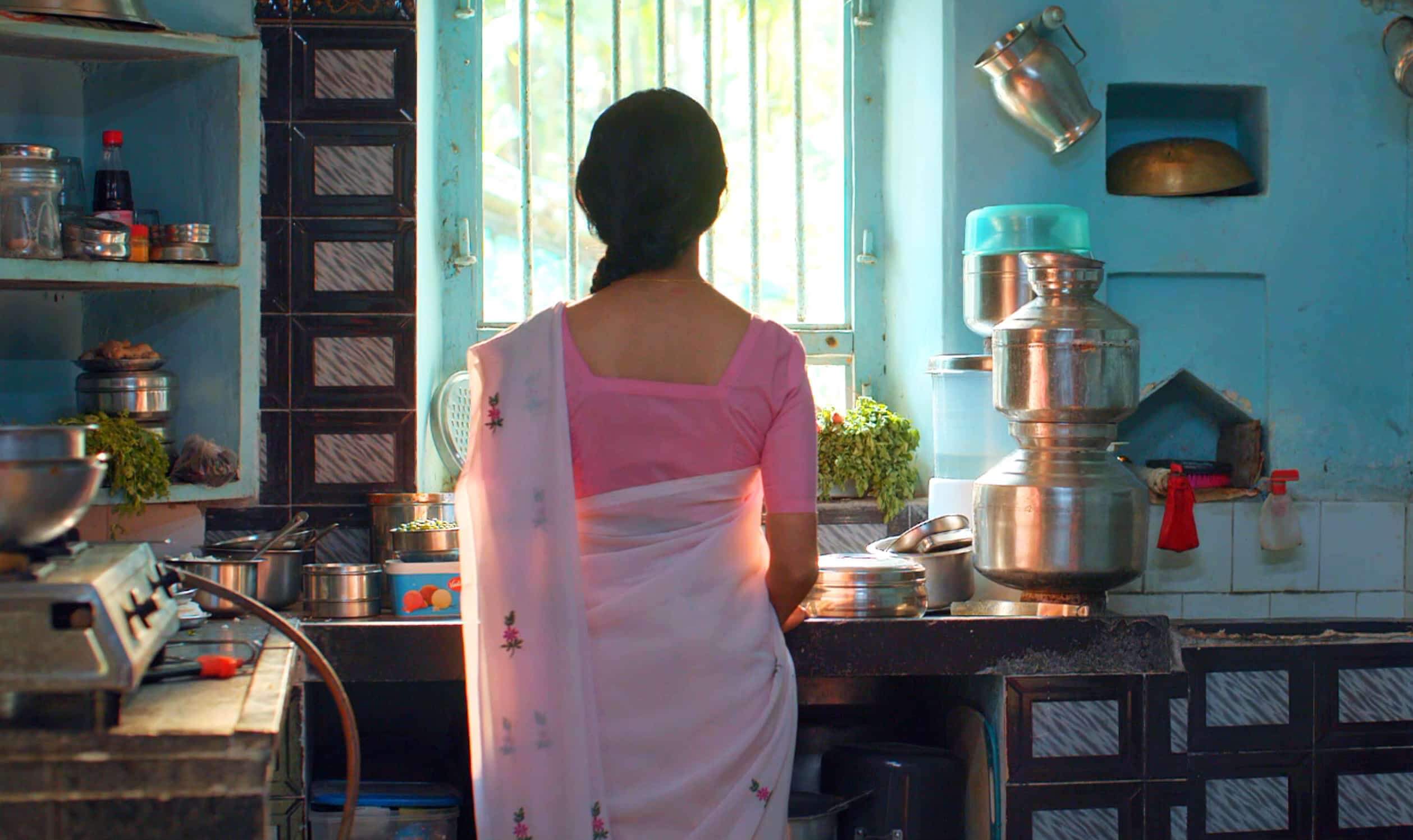
While the journey with Maasa (The Fish) at the AACTAs and beyond is still ongoing, Pradnya has already signed on a new project. All she’ll reveal about it though, is, “It is set on home soil here in Australia, and explores cross cultural themes while supporting upcoming creative professionals, particularly young women.”
She is deeply aware that the Australian industry is quite behind in terms of showing diversity.
“We’re still evolving,” she ruminated. “We’re not like the UK where they have a great multicultural range. We’re talking about it, but there’s still a long way to go.”
The recent uptake of Indian soft culture is particularly heartening. “The Census showed that India is a majority migrant nation, and that should be reflected on our screens,” she observed.
“There is scope for that, and I’ll do my bit to help in that regard. It really is an exciting time. Diversity is on top of the list of priorities on many platforms – for me it is the wind behind my sails. “
Another category, Best Asian Film, was introduced in 2017; Aamir Khan’s Dangal won in the category which also shortlisted Pink and Kaasav: Turtle. 2018 saw the Indian films Newton, Sanju and Gali Guleiyan given the nod.
Celebrity Indian guests have included Shabana Azmi and Anupam Kher.
The 2022 AACTA awards may still be a while away, but Australian audiences will be able to see Maasa (The Fish) very shortly: it’s been picked up for the Indian Film Festival of Melbourne next month.
